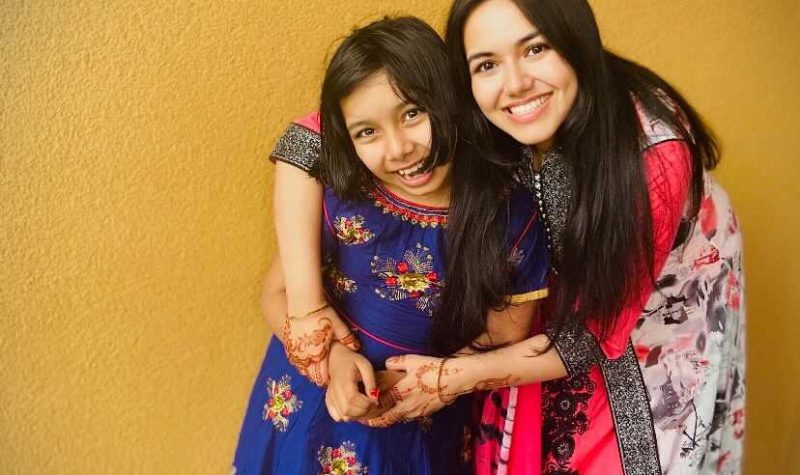By Nadia Mansour
Adiba Begum’s family faced great uncertainty when the COVID-19 pandemic hit unexpectedly. Adiba’s older sister, Afrin Begum shares her story trying to adjust to a challenging new reality with her autistic sister.
COVID-19 stay at home orders affected her sister in a multitude of ways, including fluctuation of energy levels, school attendance, as well as her food and sleep patterns.
“[COVID-19] was definitely not easy and a big surprise for [Adiba] and we didn’t even know how she was going to react and we didn't even know ourselves how we were going to react,” Afrin said.
In April 2020, Global News reported on a similar experience and concluded that children on the autism spectrum require structure and consistency from one day to the next; two things that were lost in the uncertainty of the COVID-19 pandemic.
With schools closed, Adiba was not able to go out and expend energy she would have otherwise burnt at school.
“She was very jittery when she was always home,” Afrin said.
Additionally, the stored up energy resulted in a huge spike in her anxiety. Adiba also began spending more time using her phone instead of engaging with peers and staff at school.
It was difficult for Afrin and her family to understand how to help Adiba because she wasn’t able to communicate what she needed to help cope.
“With autism there is a spectrum, and everyone has different autism, and I would definitely say Adiba is on the higher side and she is non verbal," explained Afrin. “School is an environment where Adiba has to communicate more, but as soon as it was taken away from her, she’s back in her own world, and she just ignores everyone.”
To further heighten the challenges, a lack of routine strongly impacted Adiba’s sleeping and eating patterns.
“With her anxiety gone up, her sleeping patterns were interrupted," Afrin said, adding that her sister would oftentimes wake up and have night terrors, which was a behaviour Afrin had not seen prior to COVID-19.
“You can't force someone with autism to do something, it's always about what they want to do”, Afrin said, reflecting on her family’s struggle creating a new routine for Adiba.
As with anyone, boredom can increase appetite. With increased food intake, and deceased physical activity, the pandemic began to mental and physically take a toll on Adiba.
In June 2020, Valorie Crooks, a professor of health geography at Simon Fraser University, spoke with Global News. She expressed that while currently, there is no Canadian data available addressing how people with disabilities and autism are disproportionately affected by the pandemic, the lack of attention and voice for these people has long existed and COVID-19 certainly was not helping that.
“March until September was the hardest time," Afrin said, noting that's when schools reopened and her parents went back to work.
“It was a blessing ," Afrin said, who began her first semester at UNBC at the same time.
When asked about what she has learned, Afrin said it was primarily about patience.
“it happened so fast…[it taught us] how much more patient we have to be with Adiba," she said, adding that the pandemic remains an ongoing challenge for her family.
“With new challenges arise new problems so new solutions and being open minded is needed," she said.
Listen to the interview on CFUR-FM:


